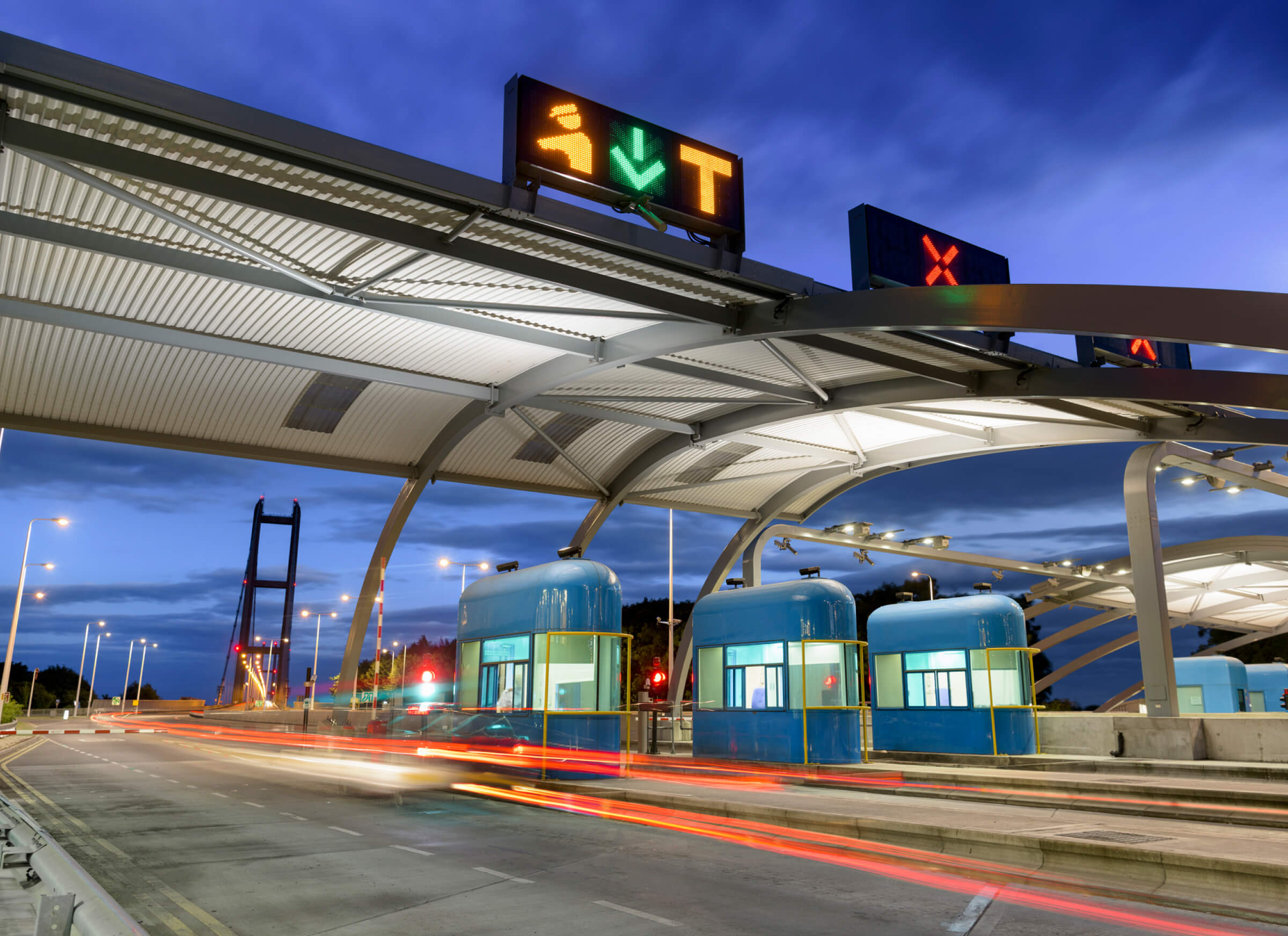Access to the
profession
Road freight and passenger transport operators in the EU must fulfil fixed criteria to access the profession
- Good repute, to ensure adequate entrepreneurial ethical conduct.
- Financial standing, which requires operators to have capital assets available every annual accounting year of at least EUR 9000 for the first vehicle and EUR 5000 for each additional vehicle
- Professional competence, which requires practical knowledge and the aptitude of professionals in the sector by means of an obligatory exam with common arrangements, marking and certificates.
- To have an effective and stable establishment in a Member State.
- A transport manager must be designated by each road transport operator.
The new rules
The new Regulation (EU) 2020/1055 amends Regulation (EC) No 1071/2009, which regulates admission to the profession of road freight and road passenger transport operators in the EU, covering (up to now) road hauliers using vehicles of over 3.5 tonnes and commercial transport undertakings operating vehicles with seats for 9 passengers, including the driver, or more.
Undertakings engaged in the occupation of road haulage operator solely by means of motor vehicles or combinations of vehicles that have a permissible laden mass exceeding 2,5 tonnes but not exceeding 3,5 tonnes shall demonstrate, on the basis of annual accounts certified by an auditor or a duly accredited person, that for each year they have at their disposal capital and reserves totalling at least:
(a) EUR 1 800 for the first vehicle used;
(b) EUR 900 for each additional vehicle used.
Member States may require that undertakings established in their territories demonstrate that they have at their disposal for these vehicles the same amounts of capital and reserves as for HGVs.

Main new elements of the new legislation on access to profession
Inclusion of Light Goods Commercial Vehicles (LCVs) within the scope of Regulation (EC) No 1071/2009
The new rules extend the application of the four criteria governing access to the profession (effective and stable establishment; good repute; financial standing; and professional competence; with specific lower thresholds applicable for LCVs, i.e. for financial standing) to goods vehicles with a permissible laden mass over 2.5 tonnes.
As from 21 May 2022, vehicles between 2.5 and 3.5 tonnes will require a Community Licence. Those companies will also have to keep a Certified True Copy of the Community Licence on board every vehicle. Cabotage, posting, tachographs and driving and rest time rules will also apply to LCVs.
On 4 October 2024, the Court of Justice of the European Union published its judgement in Joined Cases C 541/20 to C 555/20 Lithuania and others versus the European Parliament and Council. In its decision, the Court annulled the rule requiring vehicles to return to the operational centre of the transport undertaking every eight weeks (point 3 of Article 1 of Regulation (EU) 2020/1055, in so far as it inserts paragraph 1(b) in Article 5 of Regulation (EC) No 1071/2009). For the Court, the "Parliament and the Council have not established that they had sufficient information at their disposal when that measure was adopted to enable them to assess its proportionality"
Additional clarifications and sources of information
European Commission webpage on access to profession rules here
Common understanding & Enforcement rules
TRACE 2 project: training material on enforcement of MP1 rules
The TRACE (Transport Regulators Align Control Enforcement) 2 project aims to develop efficient and harmonized implementation of rules and changes introduced by Mobility Package 1.
In collaboration between CORTE, IRU, ETF, SQUARIS Consultants, and with the support of enforcer organizations ROADPOL and ECR, guidance and training material on the enforcement of new Mobility Package 1 rules were developed and are now available on the European Commission’s website here.
Training material
To organize training sessions for operators and drivers across the EU.
- IRU material (for IRU members only)
- Additional TRACE 2 enforcement material (guidance documents, presentations and videos)
TRACE 2 Enforcement Guidance Document on Regulation (EC) No 1071/2009 as modified by Regulation (EU) 2020/1055 – Access to the Profession available here.





